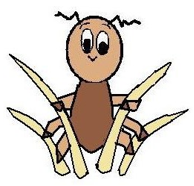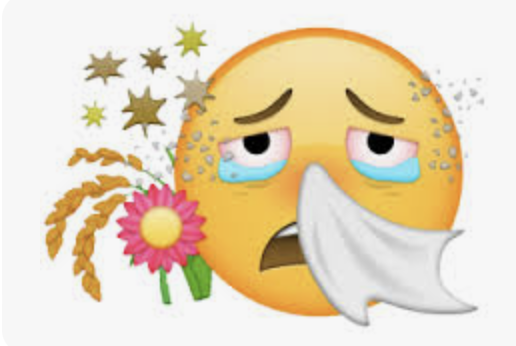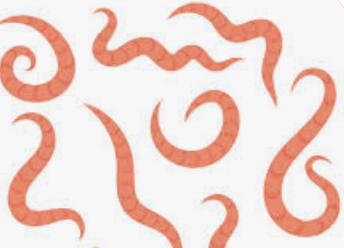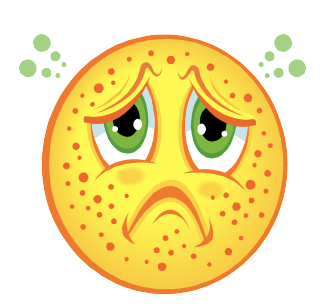Child Illness During School Time
Advice for parents on how to deal with child illness during school time.
Where possible, non-emergency GP appointments and routine dental check- ups must be arranged for outside of the school day.
Parents may be asked to provide medical evidence for absences or to sign a medical consent form.
Further Advice
Find out your GP’s system for booking emergency appointments or telephone con- sultations in case you need one in future. Online and phone advice: https://www.nhs.uk or phone NHS direct 111
Council Letter to_Parents and Carers_about Strep A and Scarlet Fever
Illness and Advice
|
Headache, earache and stomach ache
Children with headache, earache or stomach ache can go to school—just let the staff know they have felt unwell. Give paracetamol and plenty of fluids to drink. If headache, earache or stomach ache persists...... Seek medical advice. |
High Temperature
Give paracetamol and plenty to drink. After paracetamol, if your child feels better, bring them into school. If your child’s high temperature continues for three days or more...... Seek medical advice. |
|
Diarrhoea and Vomiting
Children can return to school 48 hours after the last episode of diarrhoea or vomiting |
Coughs and Colds
Children should be given paracetamol, plenty of fluids to drink and can be sent to school.
If your child is asthmatic, remember they may need their blue inhaler more often. |
|
Flu and Swine Flu
Children should go back to school when recovered, this is usually about 5 days. |
Sore throat, tonsillitis and glandular fever
Children should be given paracetamol, plenty of fluids to drink and can be sent to school if well enough to do so |
|
Headlice
Children can go to school, but they must be treated for the condition to prevent further spreading. Parents should treat their children and other family members by wet combing with a nit comb and Conditioner |
Injuries
Children can attend school with any mi- nor injuries. If you call in the morning, the school will provide provisions to minimise risk and make the student as comfortable as possible. If you feel the injury is severe enough not to attend, seek medical advice. |
|
Scabies
Children can go back to school after the first treatment. Others at home should be treated. |
Hay fever or other allergies
Unless your child requires immediate medical attention, give them antihistamine and send to school. |
|
Threadworm
Children can go to school when they have started their treatment. Everyone at home should be treated. |
Hand, foot and mouth, warts, verrucae, athletes foot.
Children can go to school. Verrucae should be covered in the PE changing rooms.
|
|
Conjunctivitis
Children can go to school. They should be encouraged to wash their hands to prevent further spread of infection. |
Impetigo
Children can go back to school, when their lesions are crusted or healed, or two days after starting antibiotics.
|
|
Measles
Children should go back to school four days after the rash has started.
|
Chicken Pox
Children should go back to school after the rash has scabbed over. |
|
German Measles
Children should go back to school six days after the rash has started. Please let the school know, as pregnant members of staff may be affected.
|
Whooping Cough
Children should go back to school five days after starting antibiotics.
|
|
Mumps
Children should go back to school five days from the start of swollen glands.
|
Scarlet Fever
Children can return two days after starting antibiotic treatment. |
|
Slapped cheek
Children can go to school. Please let the school know, as pregnant members of staff may be affected.
|
Would you stay home from work if it was you?
|








